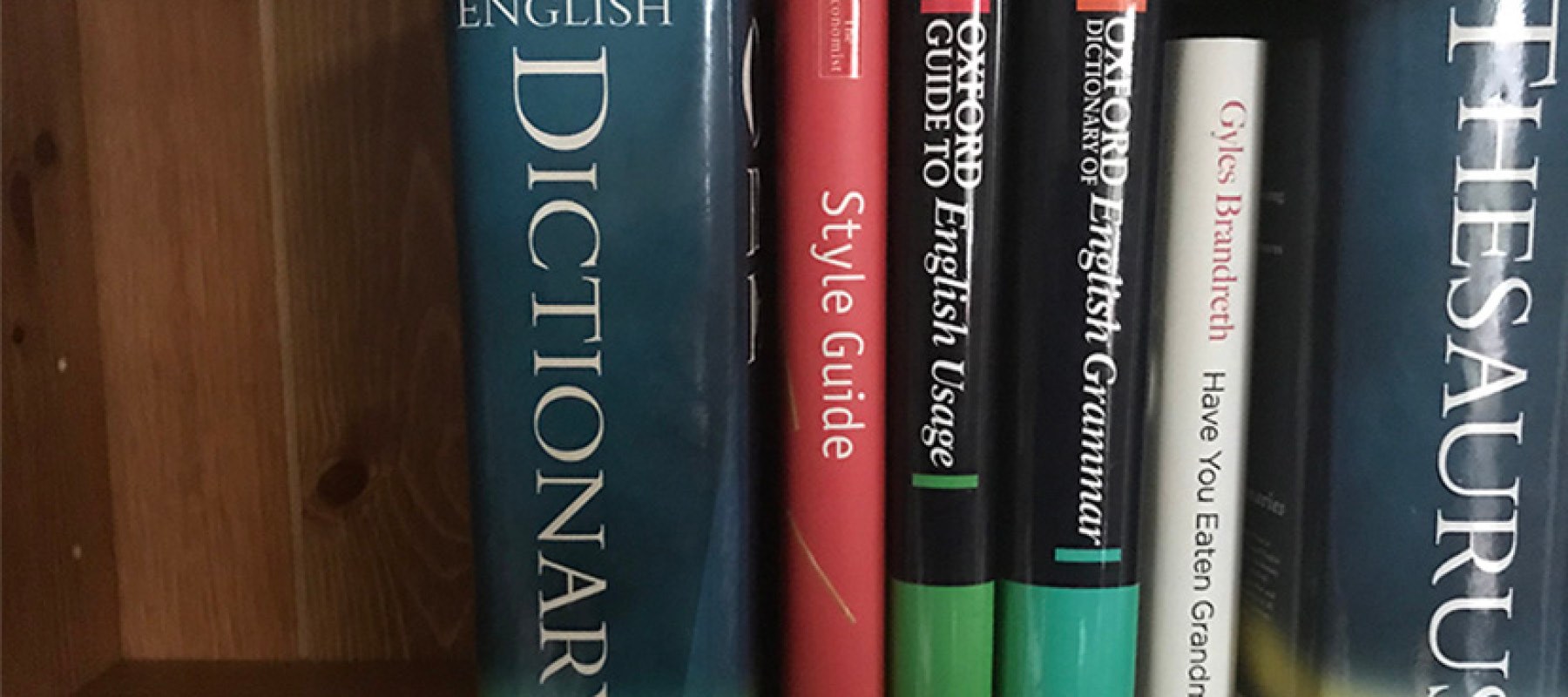An Apostrophes Question

This blog goes through the basic rules about when and how to use apostrophes.
It gets lots of hits. My guess is that most visitors arrive here because they have googled something like Does x need an apostrophe? Perhaps that’s you.
If so, I hope it answers whatever question you have.
However, I originally wrote a lengthy post called An Apostrophes Question to try and answer a very specific query – namely, whether phrases like parents’ evening require an apostrophe.
If you do actually want to read more about phrases like parents’ evening and girls’ school and whether or not they need an apostrophe, I have moved the original post to here. I revised it in June 2022. I also highly recommend my style guide, which is free for you to read and/or download from here.
Apostrophes: the basics
We use apostrophes for two reasons:
- to indicate possession or belonging
- to indicate that words have been contracted (shortened)
Apostrophes are NOT needed for simple plurals (more than one of something). You see this mistake time and time again on shop signs and the like. It’s even got a name — the greengrocer’s apostrophe:
a bag of potatoe’s; fish and chip’s; open Monday’s to Saturday’s
Incorrect uses of the apostrophe. They are just simple plurals.
Using an apostrophe to indicate possession or belonging
We use the apostrophe to denote possession:
the musician’s guitar means ‘the guitar of/belonging to the musician’
the farmer’s tractor means ‘the tractor of/belonging to the farmer’
the team’s performance means ‘the performance of the team’
Note that it doesn’t have to be literal possession. It can just mean ‘of’ or ‘of the’.
the patient’s health problems
the light’s brilliance
Most nouns in the plural end in ‘s’ or ‘es’. In these cases the apostrophe comes after the ‘s’.
the musicians’ instruments means ‘the instruments of/belonging to the musicians’
the patients’ health problems means ‘the health problems of the patients’
the bosses’ pay rise means ‘the pay rise of the bosses’
Some plural nouns don’t end in ‘s’. In these cases we treat the apostrophe as we would with a singular noun.
the people’s voice means ‘the voice of the people’
the children’s laughter means ‘the laughter of the children’
If someone’s name ends in ‘s’, the convention is to treat it like a plural noun and put the apostrophe after the ‘s’ unless you would make an extra ‘ziz’ sound when saying it aloud. To keep things simple I tend to add the extra ‘s’ most of the time.
Jesus’s disciples
Dickens’s characters
Genesis’s albums
Say any of the above aloud and you should hear yourself saying ‘ziz’.
That’s it for the basics. Check out page 11 of my free-to-download style guide for slightly trickier examples.
Using a apostrophe to show that words have been contracted (shortened)
We use an apostrophe when we shorten words by missing out certain letters.
It’s is short for ‘It is’.
We’re is short for ‘We are’.
Don’t is short for ‘Do not’.
Can’t is short for ‘Cannot’.
This may cause a bit of confusion because sometimes we use words with the same spelling but without an apostrophe. For example, as well as it’s we have its. As well as we’re we have were. As well as you’re we have your. There is also a noun cant, which means ‘hypocritical and sanctimonious talk’ and has nothing to do with can’t.
It all depends on the sense in which you are using the word. If you’re shortening two words into one (like I just did then with you’re to mean ‘you are’), use an apostrophe.
It’s a brilliant book is short for ‘It is a brilliant book’.
I bought this book and was amazed by its brilliance means ‘… amazed by the brilliance of it’, just like you would say ‘her brilliance’ or ‘his brilliance’ when talking about a person.
We’re watching the champions is short for ‘We are watching the champions’.
In the phrase The champions were playing the word ‘were’ is just the past tense of ‘are’.
The prime minister can’t seem to avoid sanctimonious claptrap and downright lies.
OR:
The prime minister can’t seem to avoid indulging in bluff, bluster and cant.

Can’t see to leave a comment on the reason I landed here – parents’ evening or parents evening.
I admit I only read about half the piece before you answered my question in a little tangential reasoning. So you may have addressed the following point in the second half.
I decided to alter parents’ evening for a non-s plural noun, simply children. And re-phrased the question. Would it be children evening or children’s evening.
I opted for the latter and hence then parents’ evening.
Hi! Thanks for leaving a comment.
Apologies, the original post is a lengthy one. It was my way of exploring the issue. I was meaning to re-edit it a bit. Your comment has given me a timely nudge.
The short answer is: I (almost) always use an apostrophe where the first part of the phrase involves people … parents’ evening, boys’ school, girls’ football team etc. So, to be specific, an evening for children is a children’s evening.
This is genius.